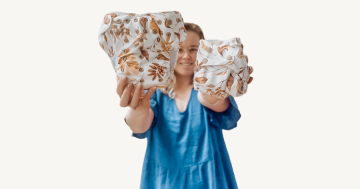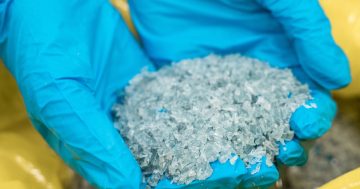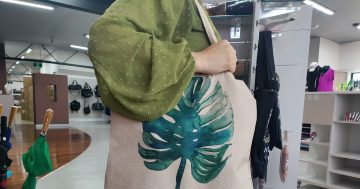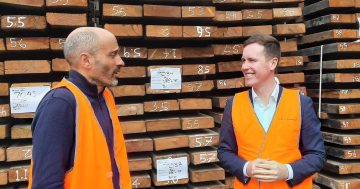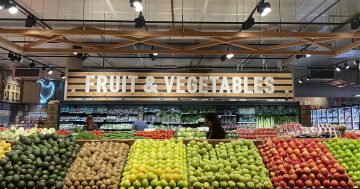If you’re interested in reducing landfill, or want to know more about the environmental issues around cloth nappies, tune into 666 ABC AM at about 2:20pm.
They’ll be talking to Amanda, organiser of Reusable Nappy Week events in Canberra.
To find out more about RNW, read here:
www.modernclothnappies.org











